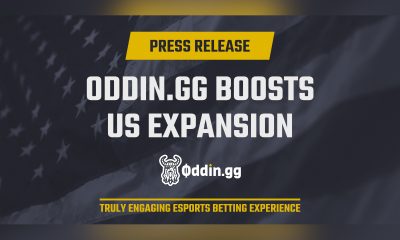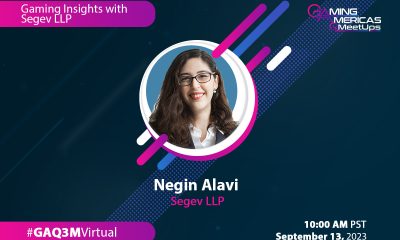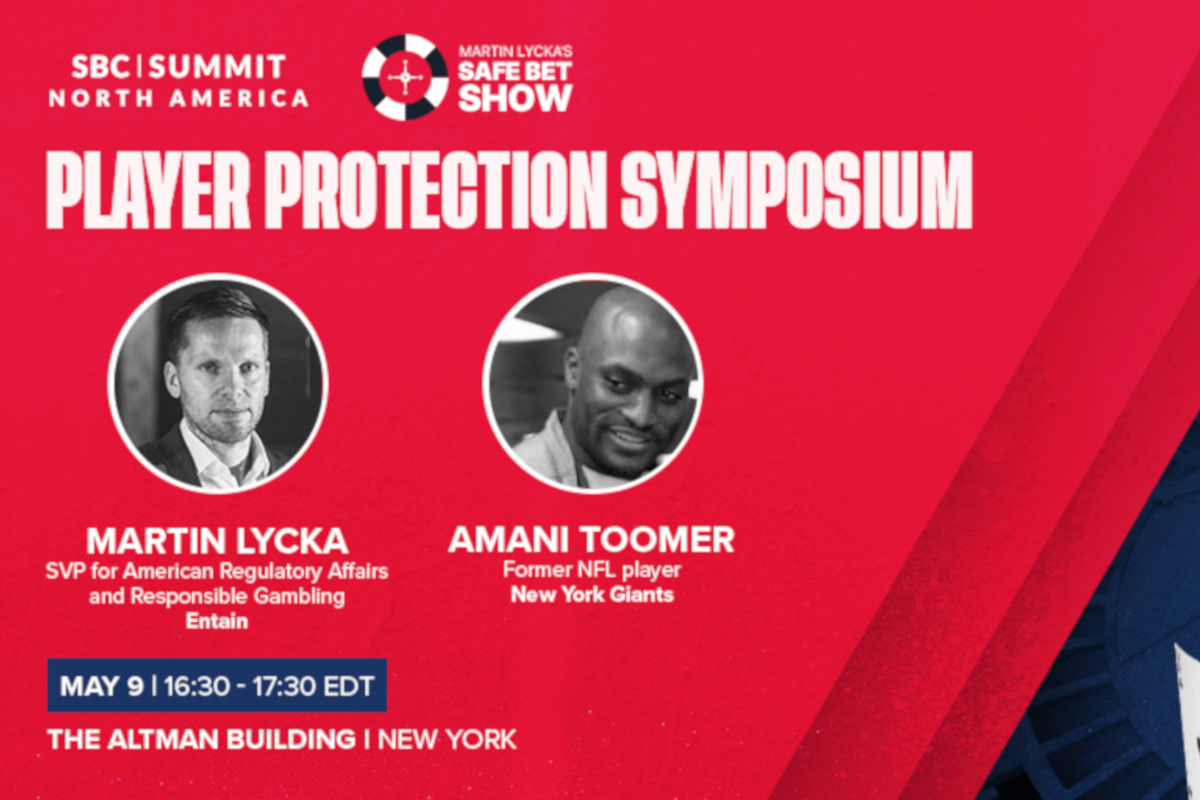Compliance Updates
Gaming Americas Q3 Meetup: US Legislation Round-up
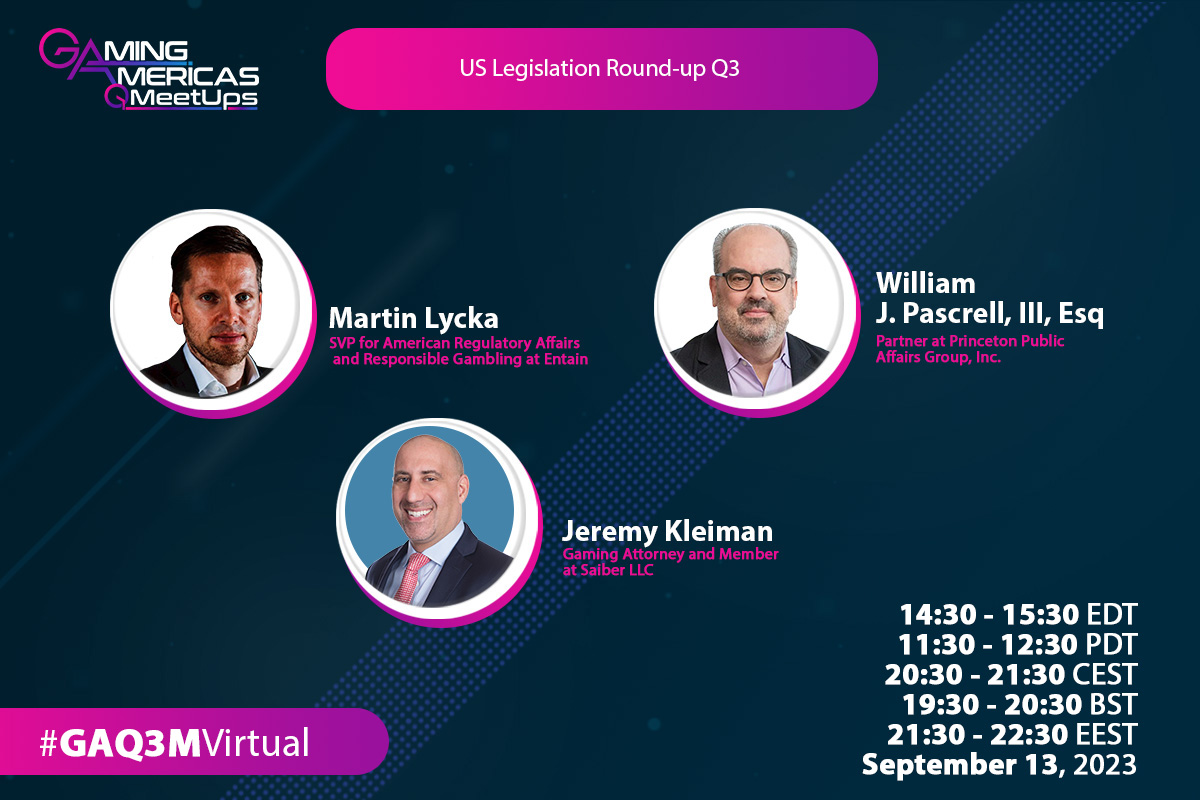
The Gaming Americas Quarterly Meetups by Hipther Agency are designed to keep you up-to-date with what is fresh in the North American and Latin American gambling industry.
The meetups feature several panel discussions per region and topics that are joined by key industry experts, CEOs, C-Level Executives, Business Development Managers, and sometimes government officials/regulators.
The Gaming Americas Q3 Virtual Meetup that took place on September 13 brought back the quarterly US Legislation Round-up with our favorite experts, Bill Pascrell, III (BP3), Partner at Princeton Public Affairs Group, Martin Lycka, SVP for American Regulatory Affairs and Responsible Gambling at Entain, and Jeremy Kleiman, Gaming Attorney and Member at Saiber LLC.
Gaming Americas Q3 Session 2: US Legislation Round-up
Speakers: Bill Pascrell, III (BP3) | Martin Lycka
Moderator: Jeremy Kleiman
Watch the Session on YouTube and HiptherTV!
In this edition of the US Legislation Round-up, moderator Jeremy Kleiman immediately delved into the major developments of the past quarter. He invited Bill Pascrell to kickstart the conversation with insights into Florida’s online sports betting launch, thanks to the Seminole-Hard Rock collaboration.
Bill shared his unique perspective, having represented Hard Rock International for the last 11 years. He revealed that while Hard Rock had initially launched betting, legal challenges forced a temporary shutdown. However, recent legal developments suggest that Hard Rock is poised to relaunch on September 19th. Bill credited this success to Jim Allen, Chairman of Hard Rock International and CEO of Seminole Gaming, as well as the entire Hard Rock Team and the Seminole Tribe.
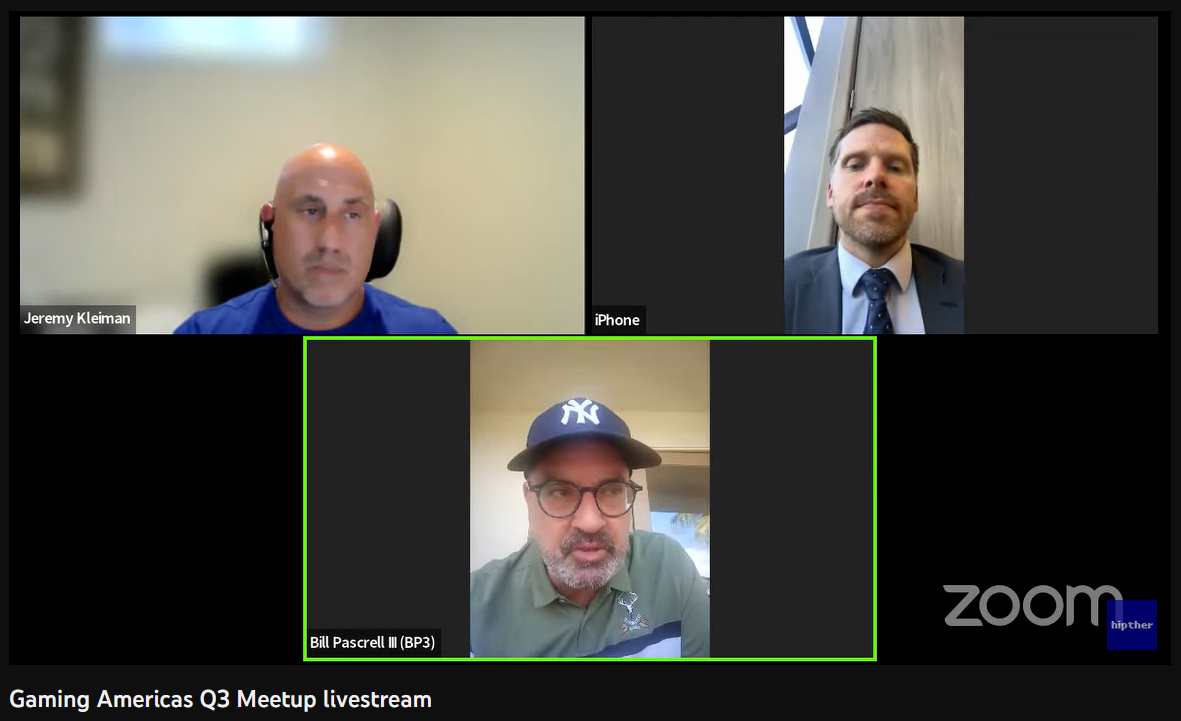
Bill also touched upon the legal complexities surrounding this case, especially regarding the Indian Gaming Act. He expressed excitement about Florida becoming the largest state in the nation to launch sports betting, emphasizing the enormous opportunities it presents.
Jeremy followed up by asking about the regulatory framework and potential collaborations with Hard Rock. Bill explained that opportunities for collaboration, both online and in retail, hinge on the Indian Gaming Act’s provisions. He also hinted at the possibility of ancillary services and additional partners.
Martin Lycka joined the conversation, emphasizing that Florida’s unique regulation is an example of the intricacies in US gambling and sports betting laws. He discussed the tax rates and restrictions in Florida and how four key states, including New York, California, and Texas, will shape the future of the US market.
The discussion then shifted to California, where Bill discussed the need for a ballot referendum due to the state’s complex political landscape and gaming entities.
Regarding Texas, Bill shared that it has no history of gaming, with many Texans crossing state borders for gambling. Regulatory attempts in the state have thus far failed, with potential regulation expected in the spring of 2025.
The conversation touched on the crucial role of professional sports teams in shaping gaming regulation. Bill emphasized that these teams will be license holders for venues and possess significant political influence.
Martin pointed out the cultural contrasts in Texas, a conservative state with popular sports teams eager to embrace sports betting. He also drew attention to New York’s high tax rate, which poses challenges for operators.
Jeremy shifted the discussion to responsible gaming, with Martin informing us that September is the Responsible Gambling Education month in the US, underscoring the importance of responsible gaming education throughout the year.
In summary, our panel of American gaming specialists provided a comprehensive session with valuable insights into US gambling legislation. They highlighted both the challenges and progress in key states, setting the stage for the future of the industry.
Watch the full US Legislation Round-up for Q3 on HiptherTV
Stay tuned for Session 3 of the Gaming Americas Q3 Meetup and the special focus on “AI Issues”!
Compliance Updates
IGSA Welcomes Sharp Vision as Silver Member

The International Gaming Standards Association (IGSA) has welcomed Sharp Vision as a new Silver member. Sharp Vision is a leading provider of regulatory turnkey solutions for gaming authorities.
“We are delighted to be a part of IGSA and we look forward to contributing to the advancement of best practices among regulators in the fast-growing gaming industry,” Damien Raymond, COO of Sharp Vision, said.
“IGSA is very excited to welcome Sharp Vision to our membership. We believe that IGSA Standards can enhance Sharp Vision’s products supporting regulatory authority oversight. We look forward to their participation in IGSA committees,” Mark Pace, President of IGSA, said.
Compliance Updates
PGCB Places Seven Individuals on Involuntary Interactive Exclusion List for Online Gaming Fraud

The Pennsylvania Gaming Control Board (PGCB) on Wednesday approved recommendations by its Office of Enforcement Counsel (OEC) for the placement of seven individuals on the iGaming Involuntary Exclusion List.
The online transactions that these seven individuals engaged in, totaling $27,168, were investigated by the Board’s Bureau of Investigations and Enforcement (BIE) and found to be fraudulent in two major respects:
- an individual used a fraudulent scheme to obtain an online account or accounts in another person’s name and identifiers, placed funds into these accounts utilizing other persons’ payment methods, and without engaging in any gaming activity, managed to have funds withdrawn from the fraudulently-established account or accounts directly into their own bank account; or,
- requested and received a refund for a disputed credit or debit card transaction from a card issuer even though that refund was fraudulent.
The specific fraudulent conduct of each individual is further described below:
- Created two separate online sports wagering accounts using the personal identification and credit cards of other individuals, and withdrew $300;
- Created 13 separate online casino-type games accounts using the personal identification and credit cards of other individuals, and withdrew $545;
- Created six separate online sports wagering accounts using the personal identification and credit cards of other individuals, and withdrew $1000;
- Created four separate online sports wagering accounts using the personal identification and credit cards of other individuals, and withdrew $1123;
- Created two separate online sports wagering accounts using the personal identification and credit cards of other individuals, and withdrew $1500;
- Illegally requested and received six chargebacks to a credit card associated with an online casino-type games account totaling $10,100;
- Created one online sports wagering account using the personal identification and credit card of another individual, and withdrew $12,600.
The Board’s actions in these matters stem from its commitment to keep individuals who have committed fraud from gaming online in Pennsylvania. The additions made bring to 37 the total number of individuals who are currently on the iGaming Involuntary Exclusion List.
The Board also placed four other individuals on its Casino Involuntary Exclusion List. The number of individuals currently on that list totals 1197 and stems from various reasons including theft, cheating, child endangerment disorderly conduct, and using counterfeit currency.
Compliance Updates
PandaScore secures their first US betting license, by entering Colorado
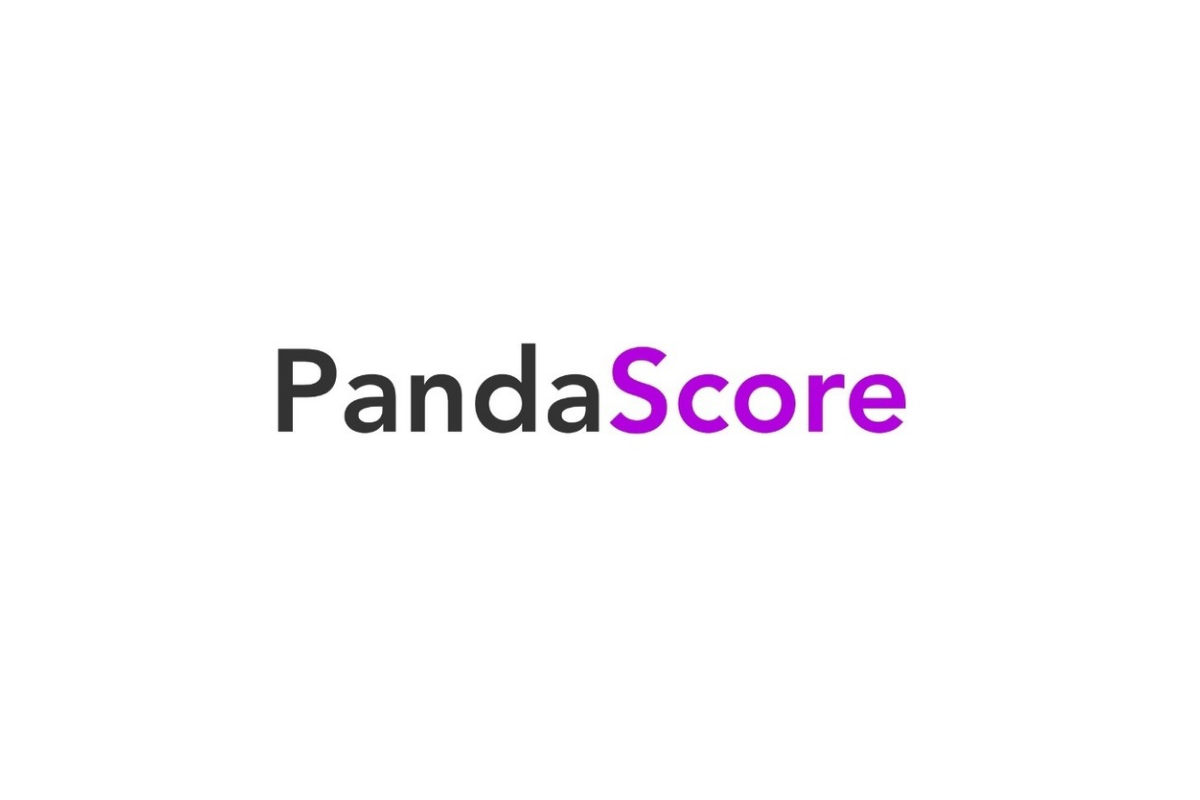
After a meticulous and measured research process in consultation with the needs of its clients, PandaScore has acquired a license to operate in the US state of Colorado.
Through the license, PandaScore has signalled its intentions in the US market: forging a supplier-led path to esports betting success in the US. Existing PandaScore clients can now enter the Colorado market, scale up their esports offering and build their future audience in the state’s esports-friendly regulatory framework.
Future clients can also be confident that working with PandaScore supports their growth strategy in the lucrative US market. The state’s esports-friendly regulatory framework serves as a solid foundation to cultivate an esports audience and take advantage of PandaScore’s innovative, revenue-driving products such as BetBuilder, player props and microbetting.
PandaScore selected Colorado as its first point of entry into US licensing thanks to the state’s large catalogue of esports titles and competitions that are eligible for regular betting, and the wide range of markets that can be offered. Additionally, the state’s flexible and innovation-friendly licensing regime makes it a strong market for PandaScore and its clients.
Securing the license also serves as proof of concept for the French esports supplier, PandaScore Legal Counsel Alexis Brunet noted that “securing the Colorado license is a strong signal of our intentions in the US and are serious about its potential. Esports in the United States is a fast-evolving regulatory environment, but it’s only going in one direction: expansion. We intend to provide our best-in-class products and services to our customers no matter where they are, and service one of the largest markets in the world.”
For PandaScore CEO Flavien Guillocheau, entry into Colorado in the US market was the natural next step in the company’s client-first, service-oriented approach: “For esports to succeed in the US, suppliers must lead from the front. Suppliers need to address the uncertainty around regulation which has held back operator investment and thus growth of the vertical.
“We’ve proven we know the market, get a license efficiently and do it in a way that puts operators first. We’re confident that if our clients are seeking entry into a given market, we can be completely straight with them, show them the viable pathway to success, and create the foundation and access they need to fully harness the potential of esports in one of its biggest consumer markets.”
-
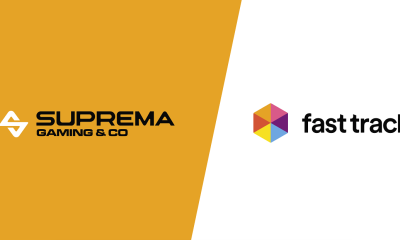
 Latest News3 days ago
Latest News3 days agoFast Track Secures Landmark Deal with Suprema Group – Setting a New Standard in the Brazilian iGaming Market
-
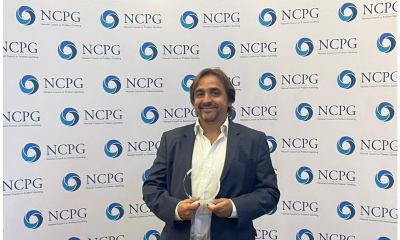
 Gambling in the USA5 days ago
Gambling in the USA5 days agoBetBlocker Recognised for Outstanding Contribution to the Prevention of Gambling Harm at NCPG Awards 2024
-

 Latest News3 days ago
Latest News3 days agoLight & Wonder Expands Presence in Oregon with Additional Placements of KASCADA Dual Screen Multi-Games
-

 Industry News4 days ago
Industry News4 days agoPenn Entertainment to Lay Off About 100 Employees
-

 Latest News3 days ago
Latest News3 days agoRakin’ Bacon Sahara® Launches Exclusively in New Jersey at Hard Rock Hotel & Casino Atlantic City and online at Hard Rock Bet
-

 partnerships3 days ago
partnerships3 days agoGGPoker & Triton Poker Offer High-Roller And Super-High-Roller Events At 2024 WSOP Paradise
-

 Latest News3 days ago
Latest News3 days agobet365 Announces Official Launch in Pennsylvania
-

 Daily Fantasy Sports5 days ago
Daily Fantasy Sports5 days agoDraftKings Becomes Official Partner of the WNBA







